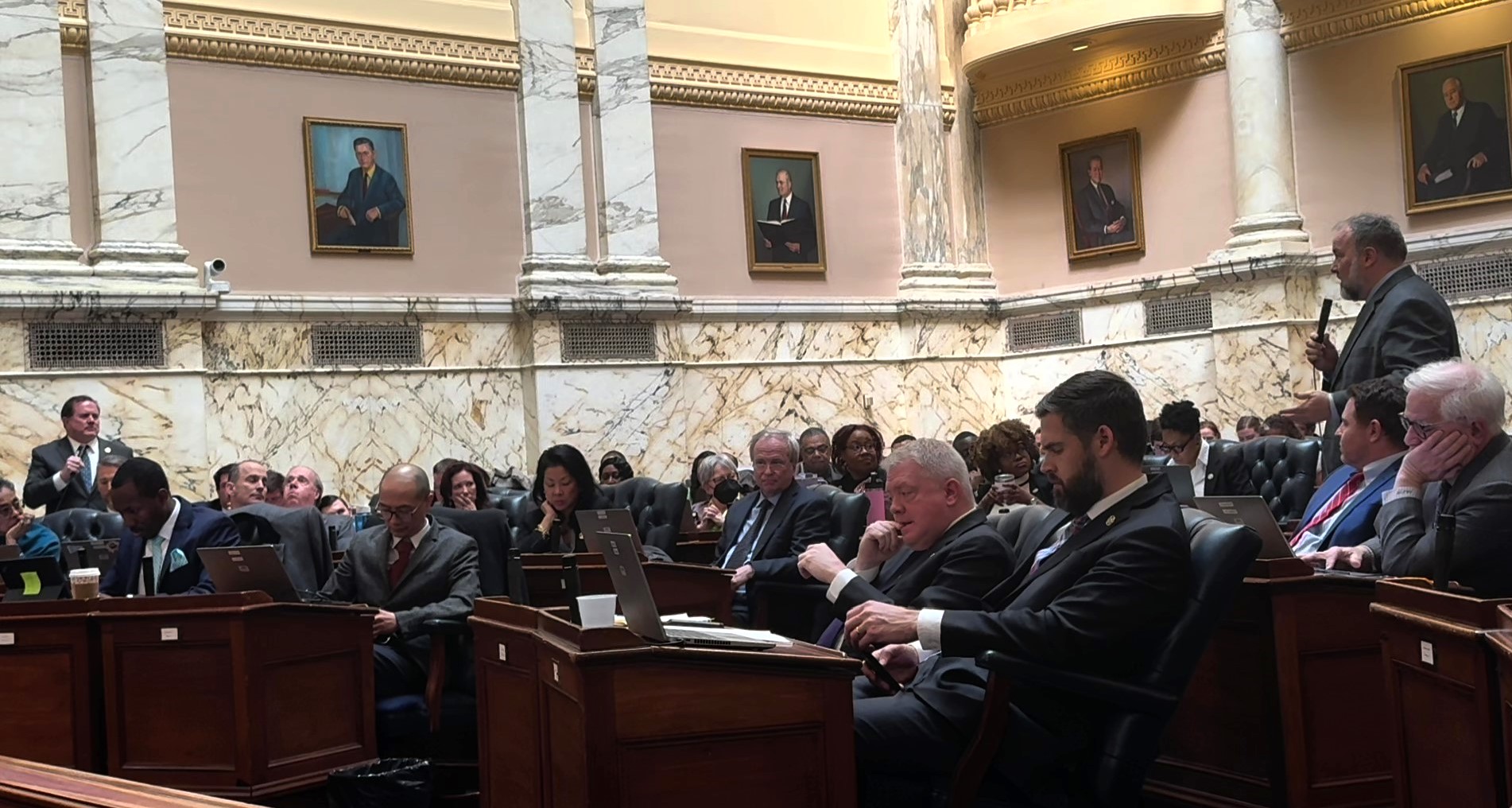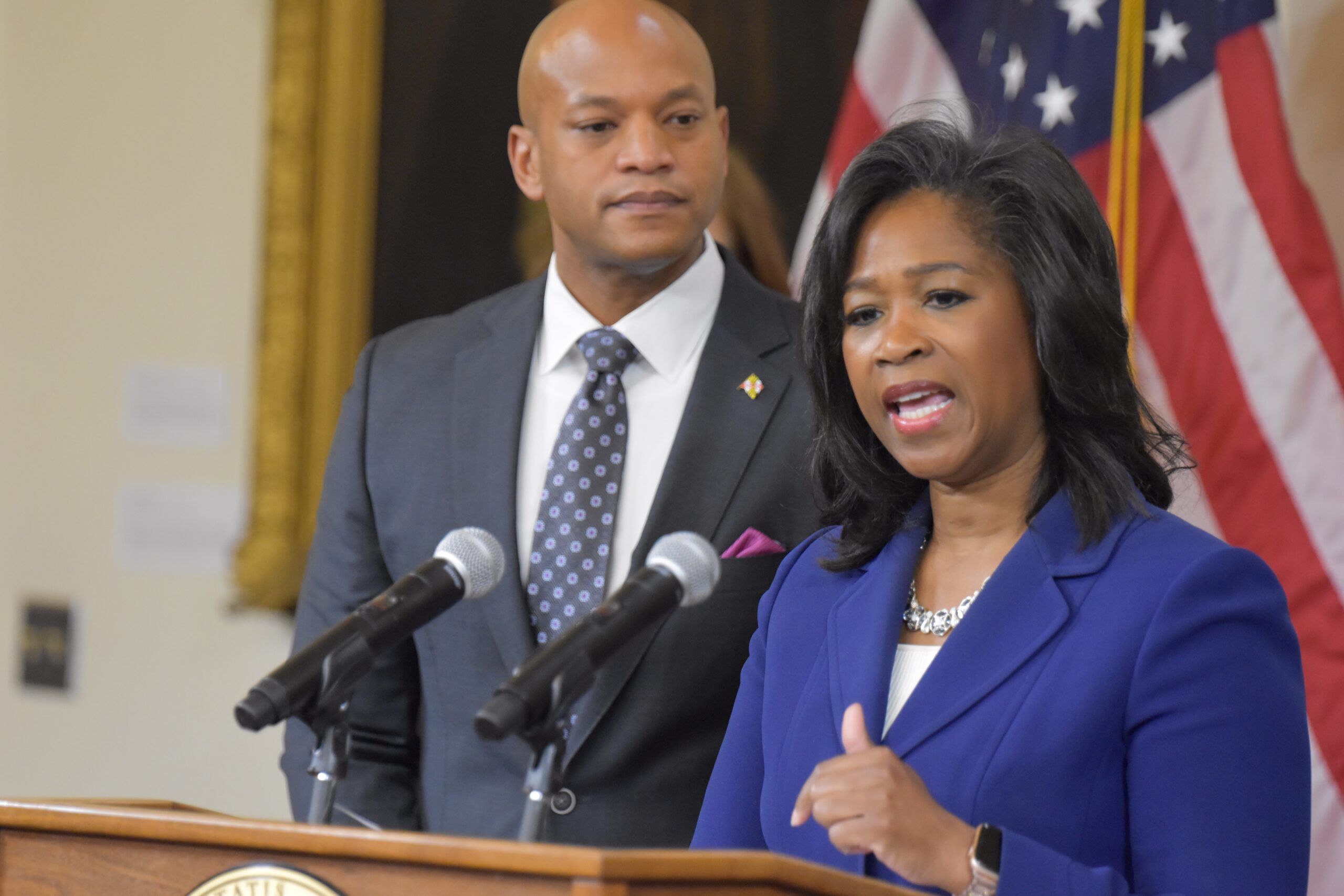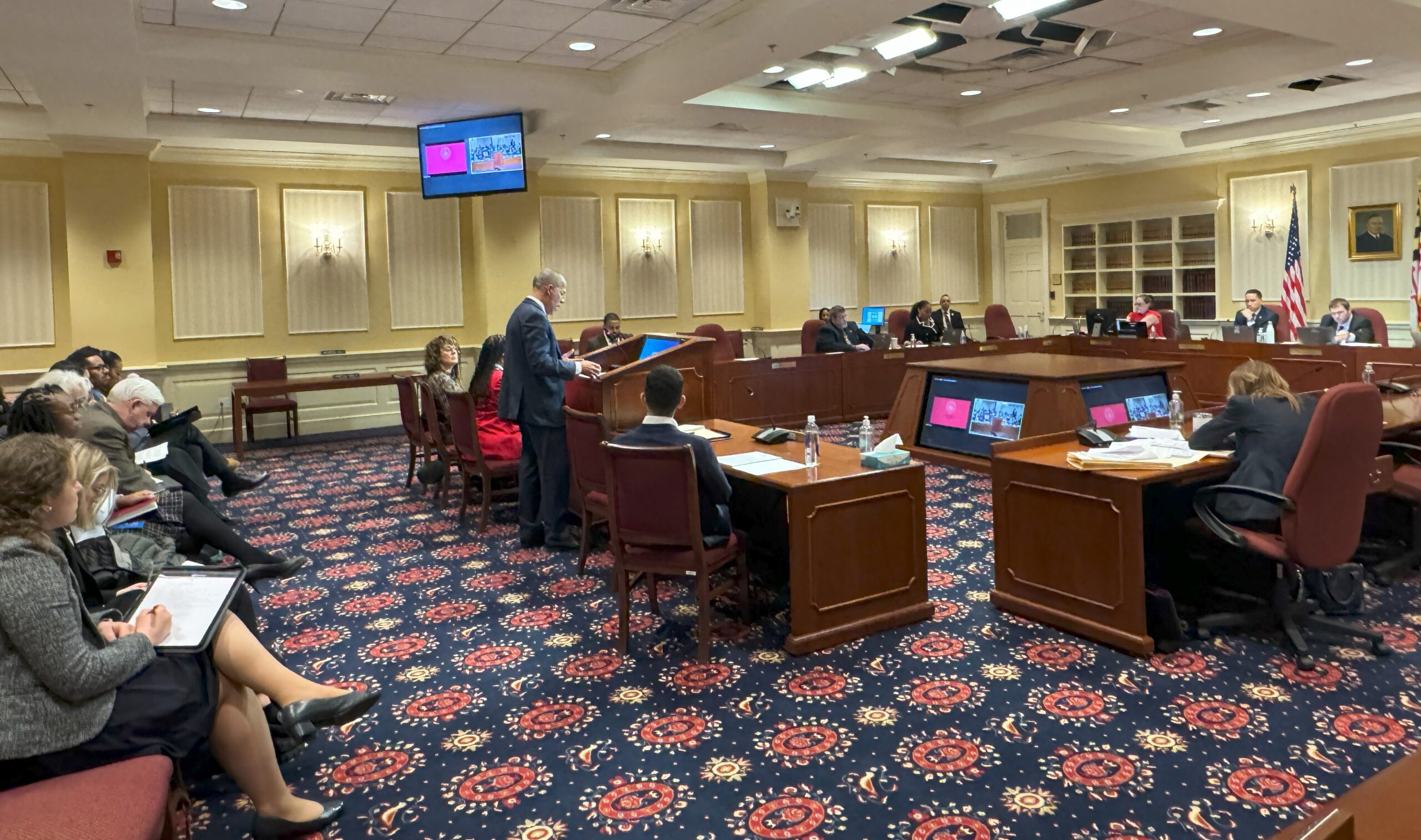
“Early in my graduate school experience I went through incredible financial difficulty, a brief period of homelessness escaping domestic violence, and limited food access. I cried most nights because I didn’t have enough money to make ends meet. Many people thought I was anorexic because I didn’t eat much, but there wasn’t food at home or time to go grocery shopping, let alone prepare food. I was ashamed to tell anyone how bad things were and was scared to ask for help. I didn’t know about any resources to help me. I took 3 classes at night, taught 2 during the day and worked another part-time job, still only earning $1,000/month.”
During my visits to College Park and across the nation, I met dozens of college students like the one above — overcoming so much adversity to work towards their education while experiencing food insecurity and not knowing where to turn. According to a 2019 University of Maryland study, 20% of UMD students surveyed experienced food insecurity in the last 12 months.
This isn’t unique to UMD: Nationally, nearly one-third (29%) of college students have missed a meal at least once a week since the beginning of the pandemic, according to a recent report we released with Chegg and Lady Gaga’s Born This Way Foundation. As more students from diverse backgrounds are entering college with hopes of creating a better future, many are struggling to support themselves and finish their degrees.
Student food insecurity hurts universities too. Compared to their counterparts, students experiencing food insecurity had lower GPAs and were more likely to withdraw from the university before completing their degrees.
That’s why my organization, Swipe Out Hunger, partners with college campuses nationwide to end student hunger. Not only do we work with those on the ground to advance anti-hunger programs, but we also advocate for legislation to address college hunger.
I’m not the only one advocating for students. Maryland Del. Debra Davis (D-Charles) and Sen. Mary Washington (D-Baltimore City) introduced the Hunger Free Campus Act this year, which, if passed, would provide critical meals to thousands of students.
The bill, originally developed by Swipe Out Hunger, sends funding to public colleges who are already taking action on student hunger on campus. First passed in California in 2017, the Hunger Free Campus Bill was then passed in New Jersey and recently introduced into the state legislatures of Pennsylvania, Minnesota, and right here in Maryland.
Through this bill, colleges can buy refrigerators for their food pantries, create SNAP enrollment opportunities, and start a Swipe Out Hunger program, enabling students to donate their leftover meal swipes to their peers who are facing food insecurity on campus. Maryland’s colleges are already doing this work — and funding from the Hunger Free Campus Act would add fuel to the fire.
Colleges have also used the Hunger Free Campus Bill funding in innovative ways. California State University Los Angeles leveraged Hunger Free Campus dollars to train student wellness advocates in best practices to address student basic needs. They have also helped more than 1,000 students with SNAP pre-screenings, applications, and reporting in just one year. California State University Monterey Bay hired basic needs coordinators to be fully dedicated to their campuses’ food security efforts.
In the economic crisis that COVID-19 has created, there is no time more important than now to support our students — so that regardless of what students are going through, they know their government and campus have their back.
The House version of the bill is up for a hearing in the Appropriations Committee on March 11. The Senate bill will be heard in the Education, Health and Environmental Affairs Committee on March 9.
We call upon the residents of Maryland to urge the chairs of Appropriations, Del. Maggie McIntosh (D-Baltimore City) and EHE, Sen. Paul Pinsky (D-Prince George’s) to stand by Maryland students by bringing the Hunger Free Campus Act to the floor this session.
— RACHEL SUMEKH
The writer is the founder and CEO of Swipe Out Hunger. She can be reached at [email protected].




 Creative Commons Attribution
Creative Commons Attribution